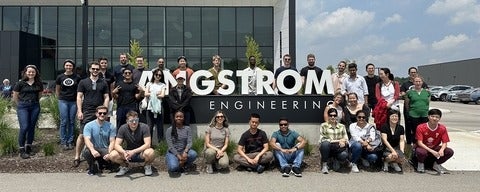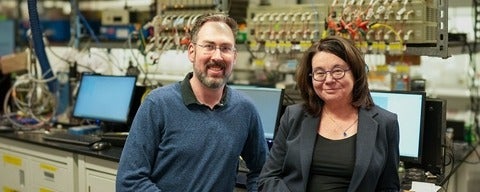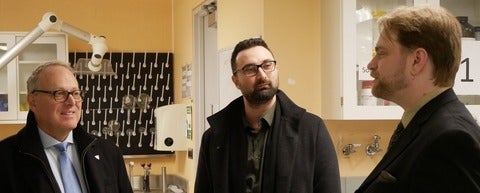Professor Tizazu Mekonnen wins the Faculty Association of the University of Waterloo Equity & Inclusivity Award
Professor Tizazu Mekonnen has been awarded the Faculty Association of the University of Waterloo Equity & Inclusivity Award for his work as the inaugural director of the Indigenous and Black Engineering and Technology (IBET) PhD Project.
Championing Diversity in Academia
Diversity is recognized as a critical driver for innovation and growth across all sectors. Yet, at the highest levels of academia—especially within STEM disciplines—there remains a concerning underrepresentation of Black and Indigenous scholars. IBET launched by the University of Waterloo's Faculties of Engineering and Mathematics in January 2021, is addressing this disparity head-on.
IBET Fellows receive $30,000 annually for four years while pursuing their doctoral degrees. This funding is critical in alleviating the financial burden of engaging in PhD studies, allowing students to focus entirely on their research.
Mekonnen has been the director since the program's inception in 2021. Under Mekonnen’s leadership, the initiative has grown from having five Canadian engineering faculties to include 19 universities and has more than 55 fellows enrolled. Mekonnen was recently unanimously re-elected to continue his directorship through 2025.







